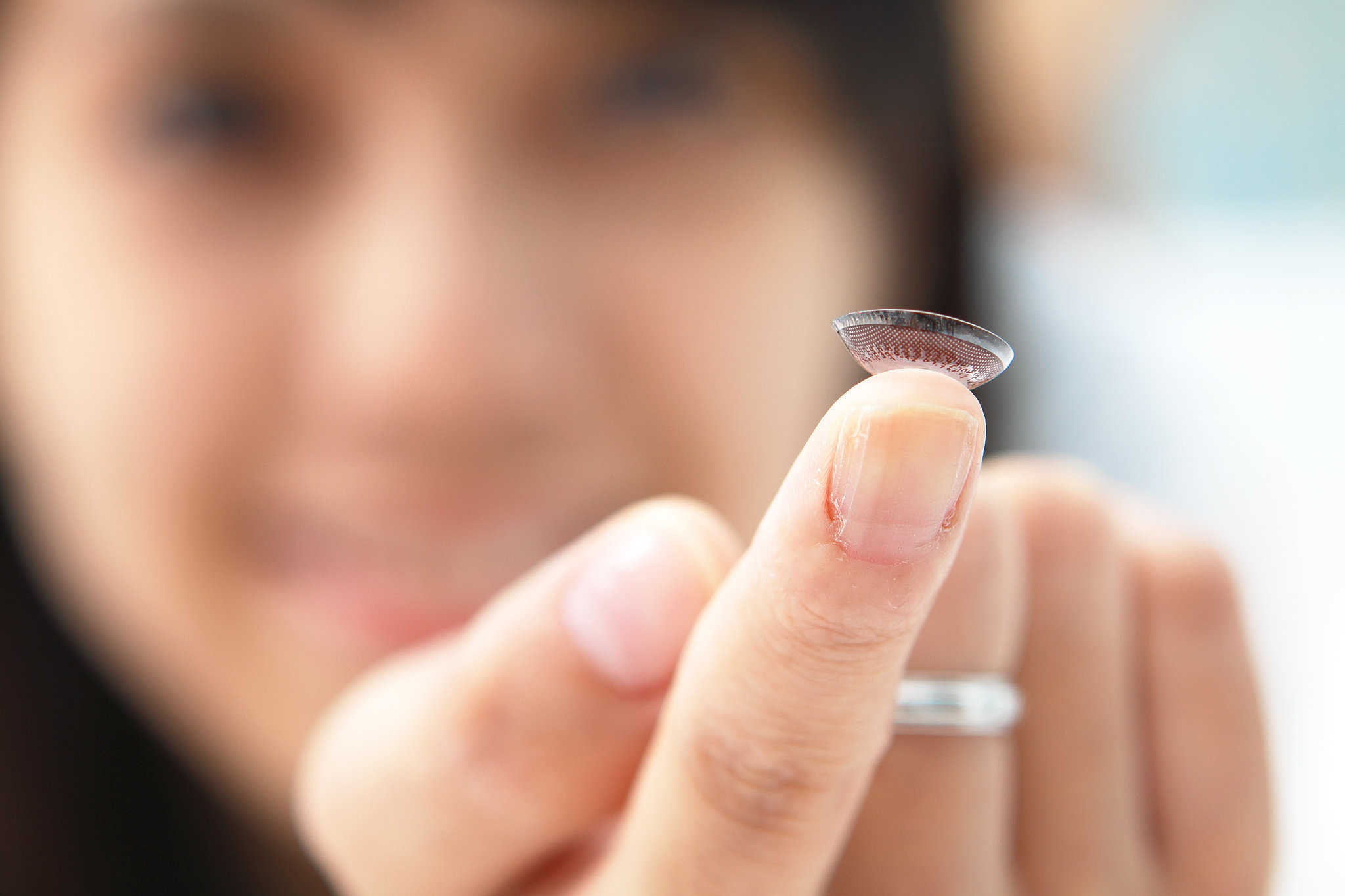 If you wear glasses, you may be thinking about switching to contacts. There are some good reasons to consider this. You might prefer the convenience of not having to take your glasses on and off throughout the day. You might be anxious to shed your glasses for fashion or aesthetic reasons. If you do make the switch, there are some issues that you must consider first.
If you wear glasses, you may be thinking about switching to contacts. There are some good reasons to consider this. You might prefer the convenience of not having to take your glasses on and off throughout the day. You might be anxious to shed your glasses for fashion or aesthetic reasons. If you do make the switch, there are some issues that you must consider first.
Start With an Eye Exam
If you’ve been wearing regular glasses and want to switch to contacts, you should begin by getting an exam and fitted for contacts. The eye doctor can test your current vision and fit you for contacts. He or she can also help you decide which type of contact lenses would be best for you. You will need a current eye prescription before you can get contacts.
Choose the Type of Contact Lenses You Want
There are several types of contacts lenses. The two main categories are soft and RGP or rigid gas permeable. Some people find soft contacts easier to adjust and more comfortable than RGPs. There are daily disposable soft contacts as well as ones that can be worn for months. RGP contacts lenses are more durable than soft contacts and usually provide clearer vision. Because they don’t have to be replaced as often, they are also more economical in the long run.
Contacts Can Change Your Eye Color
Some people like contact lenses in order to change their eye color. Soft contact lenses are required for this purpose. You can even get contacts from places that change your eye color without correcting your vision. Even these type of contacts, however, are considered medical devices and require a prescription from a qualified eye professional.
Care and Maintenance of Contacts
If you switch to contacts, you will have to take proper care of them. If you use daily disposable soft contact lenses, you don’t have to worry about maintenance. Other types, however, must be cleaned daily and stored in a disinfectant solution. When you get your contact lenses, you’ll be given instructions on what type of care they require. Never share your contacts with anyone else, as this could lead to infections or other medical problems.
It will probably require a certain adjustment process before you become comfortable with your new contact lenses. Taking lenses in and out of your eyes will be a new experience for you. Many people, however, find that contacts are more convenient and attractive than traditional glasses.
Anica Oaks
Recent Posts
- Castor Oil For Better Hair Growth: Is It Myth Or Fact?
- Exploring the Differences Between Sermorelin, Ipamorelin, Ibutamoren, GHRP2, and GHRP6: Understanding Their Role in Human Growth Hormone Regulation
- Unraveling the Mystery: Understanding the Causes and Prognosis of Ventricular Tachycardia Without Apparent Heart Disease
- Understanding Grandparents’ Rights in Oklahoma: Navigating Visitation and Legal Protections
- 10 Reasons to Consider Hypnotherapy for Your Health

